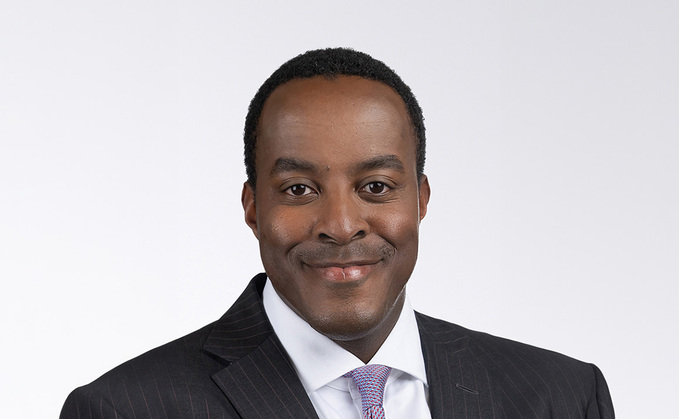
Q. Why focus on quality growth companies?
Quality growth investing has emerged as a compelling strategy for investors seeking long-term success in equity markets. Although the definition of quality may differ from one manager to another, it generally covers companies that have strong financial fundamentals, sustainable competitive advantages, and consistent earnings growth potential.
Due to these attributes, quality growth stocks offer a balance of resilience during economic downturns and upside potential during market rallies. While quality stocks may experience periods of underperformance, studies suggest they have historically delivered superior risk-adjusted returns over extended time horizons. It can therefore be beneficial for investors to consider incorporating exposure to such exceptional companies within their portfolios.
Q. How do you identify high quality companies?
There's two metrics that we look at. We look at companies which have high, long-term profitability and a proven track record of being able to deliver profits over time. However, the past does not always tell you about the future so we focus on companies that will be able to grow in the future.
A company can do one of two things with their profits; they can either pay back dividends to shareholders or they can retain profits and invest them in products, services, or acquisitions. We define a quality business as one that can maintain growth by reinvesting in the business and remaining highly profitable in the long term. We focus on sustainable profitability and a consistent growth rate so that we can take advantage of compounding.
Q. How do you approach different economic cycles within the strategy?
A company that pays a significant amount in dividends can become problematic in downturns because its focus becomes on paying the dividend and not on investing for the next cycle.
There are very good examples in certain sectors like energy where some companies are quite profitable businesses, but if they have a problem with earnings, they will spend more time focusing on how to make dividend payment than on reinvesting in new products and services that are going to be necessary for the next cycle.
The macroeconomic overlay in terms of understanding where we are in the business cycle is something that is quite unique to the fund and it is that expertise which makes us different. It comes from the traditional view that most equity fund managers just don't look at economic cycles.
We understand that the stocks that we invest in will have a beta or a sensitivity to the macro environment that is out of our control. For example, central banks cutting interest rates is an action that may have an implication for stock price performance because it may happen at a time when the economy is slowing. To mitigate this impact, we optimize the sizing of our long-term holdings in accordance with these macroeconomic factors, aiming to minimize macro effect on our portfolio.
Q. What type of investors is this strategy suitable for and how does it fit into a portfolio?
This is a strategy for investors who are thinking about investing in equities over the long term. We talked about companies that are profitable, those that reinvest, and those that weather economic cycles. Those are long-term focused vehicles, but the macroeconomic aspect can cause problems in investing in equities because investors reduce exposure when things go wrong. They lose the compounding effect if they exit an equity investment after a pull back.
For anyone focused on long-term investing, that's 4 to 5 years or beyond, and who have the time to benefit from the compounding, then that is where investors can get the biggest bang for their buck. That is partly because the fundamentals of stocks tend to move the share prices over time. Quality earnings do this over time and the share price may actually be volatile through that period, even though the trajectory is the same. Investors will want to have a longer-term time horizon to fully capitalise on compounding.
Q. How is the FP Carmignac Global Equity Compounders fund different from the competition?
The key differences are how we define quality through high and sustainable profitability and reinvestment of earnings. We also take into account the stage of the economic cycle to adjust our positions.
Finally, the fund is a socially responsible fund so we target companies that have a positive impact on society. This is one step before we get to the profitability and reinvestment part of the process. We look at which companies will actually produce products and services that are to the benefit of society.
We exclude companies that we believe would potentially do harm and that's an exclusion that we have across the funds. That could be in the space of fossil fuel generation, tobacco, adult entertainment, gambling, and weapons manufacturers. Some of these companies are very profitable and they are reinvesting for growth, but we just don't want to be in that space in the long term.
Discover FP Carmignac Global Equity Compounders












